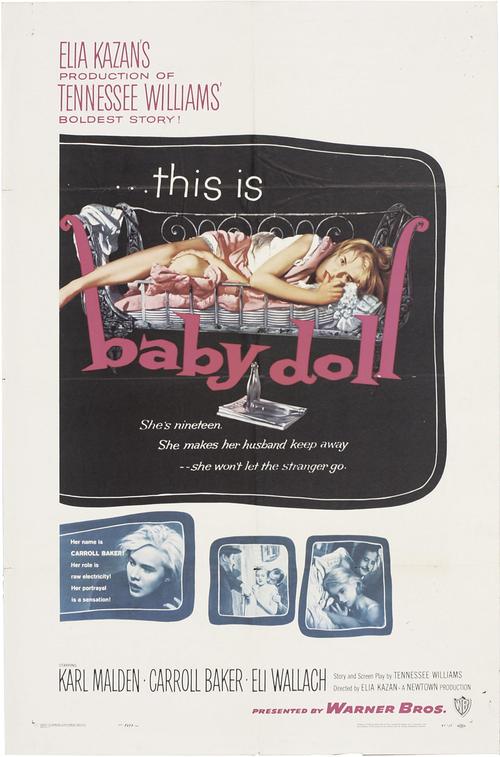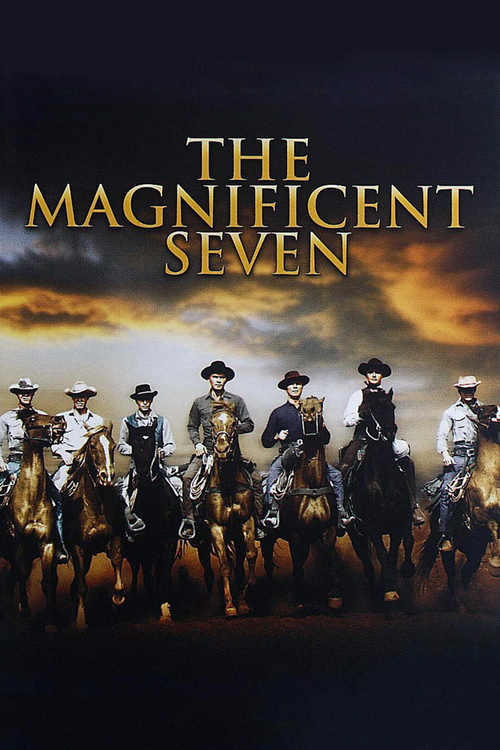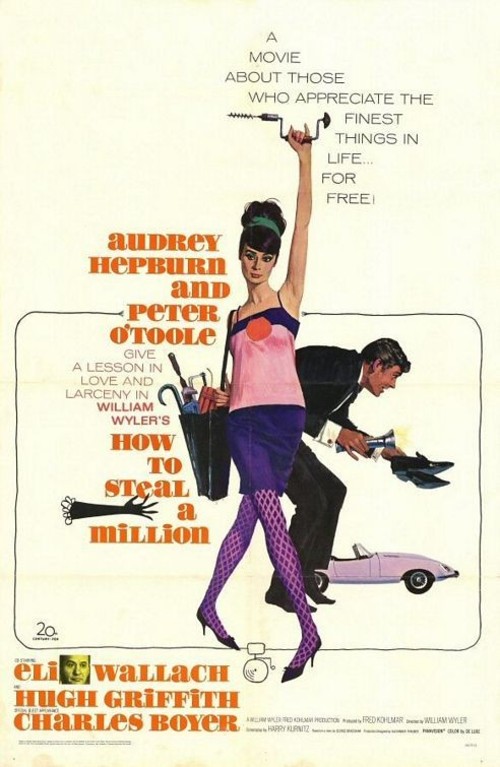I was lucky enough to meet consummate character actor Eli Wallach at a film event about a dozen years ago, and remember being struck by the sheer exuberance of this ninety-year-old man.
I had never seen anyone at such an advanced age seem quite so alive. Unlike many famous actors who struggle to take joy and satisfaction in what they do, Wallach said that he literally lived to act. It was the engine that made him run.
He was known as one of our most versatile performers. Though Jewish, he played Mexican, Italian, and assorted other ethnic characters with the same fluency and assurance.
Though Wallach would eventually appear in over ninety films, he came late to the medium, as his first love was always the stage. Years later he explained his attitude in those early days : “What do I need a movie for? The stage is on a higher level in every way, and a more satisfying medium. Movies, by comparison, are like calendar art next to great paintings. You can’t really do very much in movies or in television, but the stage is such an anarchistic medium.”
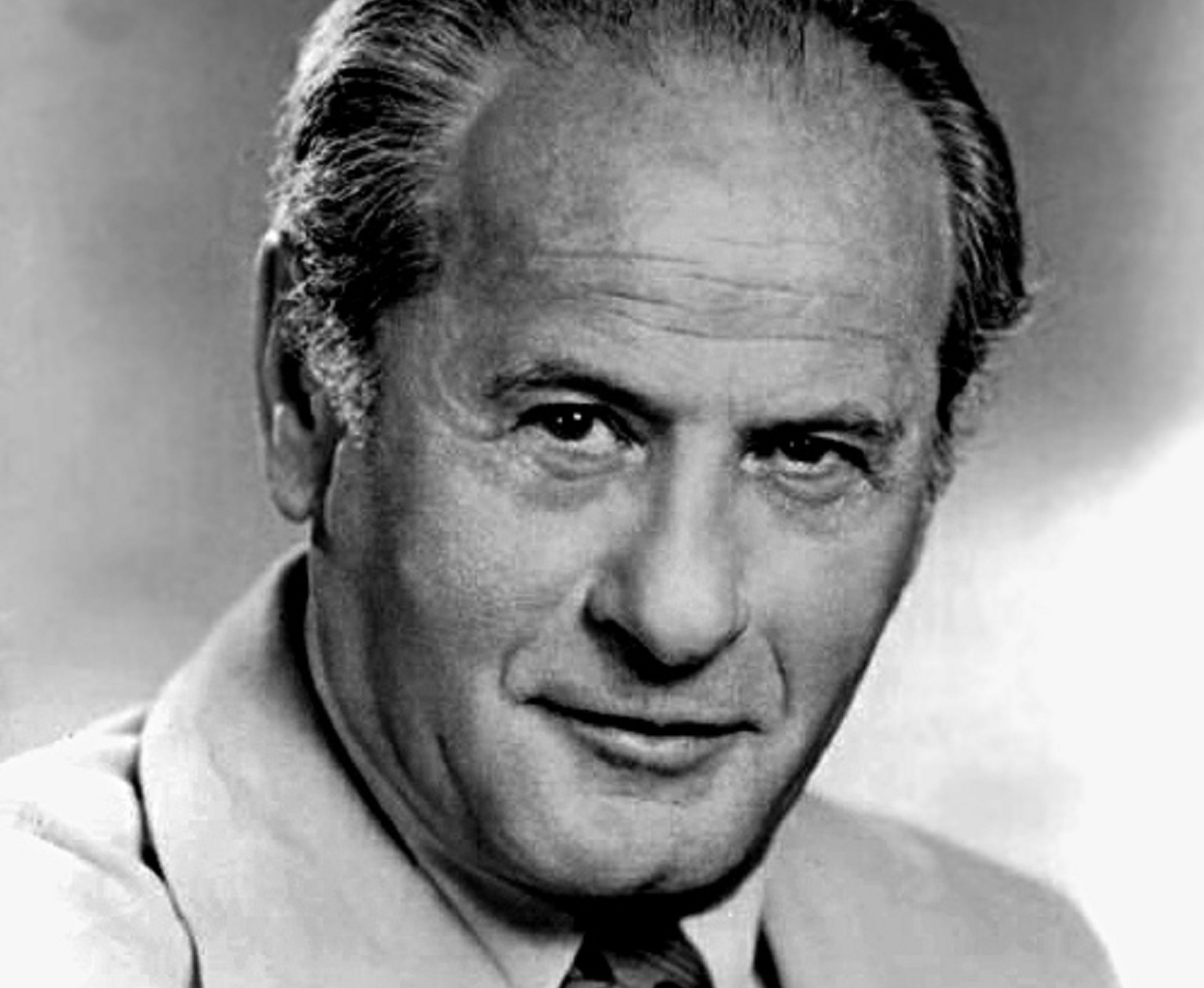
Though he always cherished that sense of “anarchy,” his views would soften over time, and for most of his working life, he’d alternate between films, plays and television. What counted was being able to live in another character, and tell a good story.
Eli Wallach was born in Red Hook, then a predominantly Italian Brooklyn neighborhood, in 1915. His parents, Jewish immigrants from Poland, ran a candy shop. Stressing the importance of education, they made sure that all four of their children graduated from college. All except Eli would become teachers.
Wallach himself graduated from the University of Texas at Austin in 1936. Since U.T-Austin lacked a formal theater program, Eli joined a student group, and performed in plays there with classmates Walter Cronkite, Ann Sheridan, and (future Texas governor) John Connally. Wallach and Cronkite would remain lifelong friends.
He eventually earned a teaching degree from City College, but failed the New York teacher’s exam. Fortuitously, he soon won a scholarship to the Neighborhood Playhouse, where he studied acting under the legendary Sanford Meisner. Among his fellow students were Gregory Peck and Tony Randall.
When the Second World War intervened, Wallach joined the Army Medical Corps where he eventually rose to the rank of Captain.. He made his Broadway debut shortly after returning home. Henceforth, nothing would interrupt his acting career.
In late 1947, Eli become one of the original members of the Actors’ Studio. There he worked with a talented young actress named Anne Jackson who’d also studied at the Neighborhood Playhouse. He and Jackson married the following year, and would often co-star in theatrical productions over the coming years. They also had three children together.
In 1951, Wallach won a Tony award for his performance in Tennessee Williams’s “The Rose Tattoo,” opposite Maureen Stapleton. Wallach had performed in some of Williams’s early plays, and had always been a champion of the brilliant but eccentric playwright.
Late the following year, Wallach got a potential film role he could not ignore: the chance to play feisty Italian-American enlisted man Maggio in Fred Zinnemann’s screen adaptation of James Jones’s bestselling novel, “From Here to Eternity.”
Competing against singer/actor Frank Sinatra, in desperate need of a comeback with his career at a virtual standstill, Wallach aced the audition. Though Sinatra’s test was also solid, the crooner could not match Wallach’s technique.
Just then, financing came through for Williams’s latest play, “Camino Real,” and Eli was offered a plum part. Once again honoring his first allegiance to the stage (and his favorite playwright), Wallach turned down Maggio. Sinatra grabbed it and went on to win an Oscar. (Whenever Frank saw Eli after this, he’d salute him affectionately as “you crazy actor,” since he was insane enough to turn down the role that saved him).
Finally, in 1956, Wallach made his film debut in Elia Kazan’s edgy, erotic drama “Baby Doll,” featuring a screenplay by Williams. The plot concerns two mature men (Wallach and Karl Malden) competing to deflower a twenty-year-old Southern nymphet played by Carroll Baker.
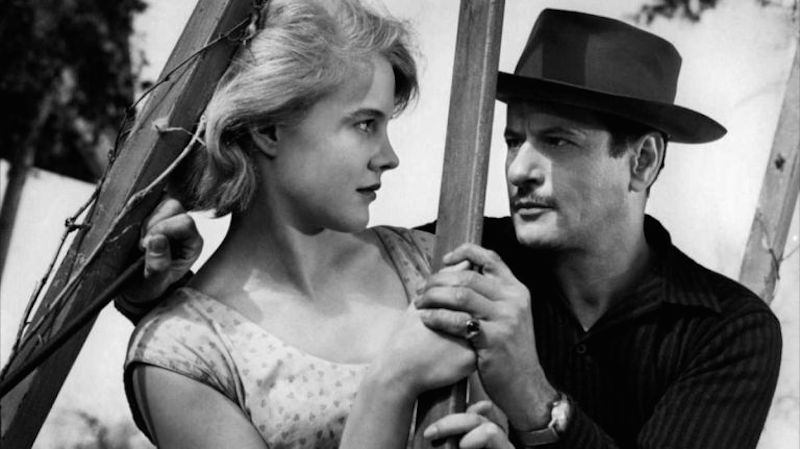
Condemned for its salacious content by the Catholic Church and the American Legion of Decency, the film did poorly at the box office. Still, the controversy it stirred up helped start the process of defanging the prevailing censorship rules. (Watching the relatively tame “Baby Doll” today, it’s hard to see what all the fuss was about.)
In-between a host of TV assignments, Eli cemented his credentials as screen villain in Don Siegel’s underrated noir “The Lineup” (1958), and John Sturges’s blockbuster Western, “The Magnificent Seven” (1960).
Next came the role of Guido in John Huston’s bleak, stark Western drama, “The Misfits” (1961), which brought Arthur Miller his only screenplay credit and marked the last film for both Clark Gable and Marilyn Monroe. Eli had no clue how he got the part, but figured Marilyn, an old friend from Actors’ Studio days, might be behind it.
It seems that everyone who worked with Eli found reasons to love him. The “Misfits” set was incredibly tense as Miller’s marriage to Marilyn was disintegrating before everyone’s eyes, so it was a blessing to have the sunny, upbeat Wallach on-hand. As Miller put it, “Eli Wallach was the happiest good actor I ever met.”
Five years later came Wallach’s first chance to work with Clint Eastwood on the third and best entry in Sergio Leone’s “Man with No Name” trilogy, “The Good, the Bad and the Ugly” (1966). Wallach’s memorable performance as vile Mexican bandit Tuco brought an element of humor and camp the prior films lacked. It remains the role Wallach is best known for.
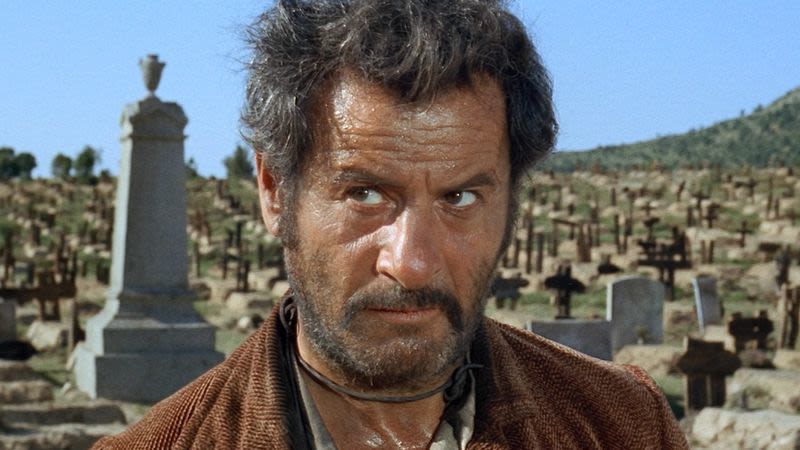
Yet at the age of fifty, this actor was really just beginning. Incredibly, his career would extend nearly another half century. Over this time, he would appear in an additional 65 feature films, not to mention innumerable TV series, made-for-TV movies, and of course, plays, often with his beloved wife and partner Anne.
Eli Wallach died peacefully of natural causes on June 24, 2014. He was 98 years old, and had just finished appearing in a short film called “The Train,” where he played a Holocaust survivor.
He once said, late in life: “I’ve never lost my appetite for acting.” And we, of course, never lost our appetite for him.
